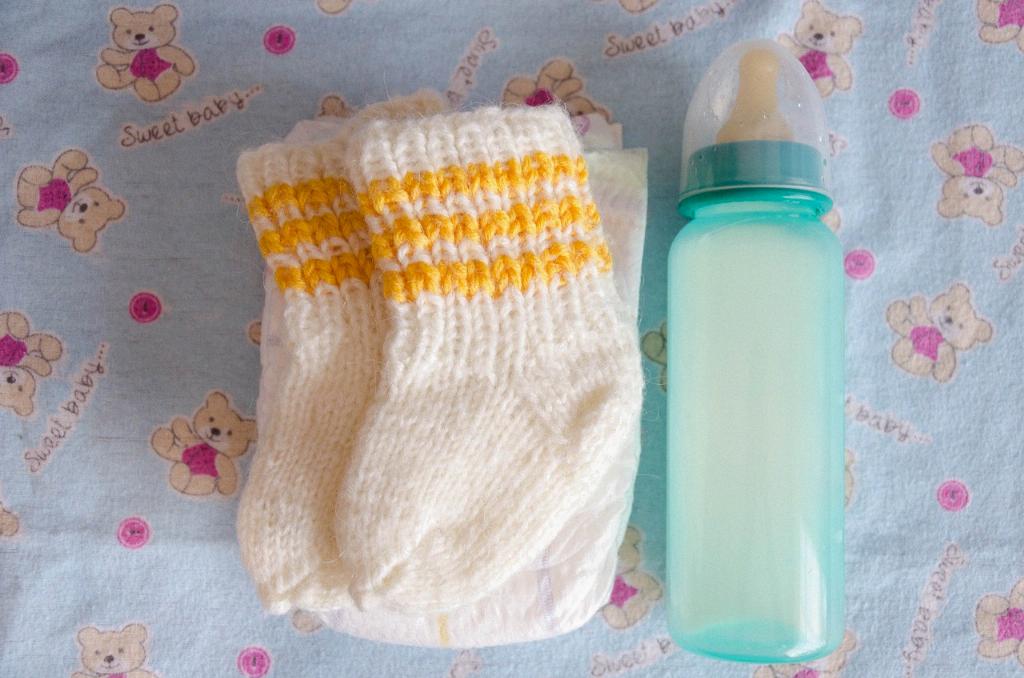When faced with the question of whether one should wear diapers for incontinence, it’s crucial to delve into the complexities of this condition. Urinary incontinence can manifest in various forms, impacting individuals of all ages. While wearing diapers is a common solution for managing incontinence, it’s essential to recognize that diapers serve as a means to address symptoms rather than address the underlying cause of the issue.
Managing Symptoms with Diapers
Wearing adult diapers can provide individuals with a sense of security and confidence while dealing with incontinence. These products offer discreet protection, allowing individuals to go about their daily activities without constant worry or fear of leaks. The convenience and comfort provided by adult diapers make them a popular choice for many facing incontinence challenges.
Exploring Treatment Options
It’s important to note that not all cases of incontinence necessitate a lifelong reliance on adult diapers. Various treatment options are available to address and manage urinary incontinence effectively. From medications and pelvic floor exercises to medical procedures, individuals have access to interventions that can target the root cause of their incontinence issues.
Addressing Underlying Causes
While adult diapers offer practical solutions for managing incontinence, addressing the root cause of the issue is paramount. By working with healthcare professionals to identify the underlying factors contributing to incontinence, individuals can explore treatment pathways that aim to improve bladder control and reduce the reliance on diapers in the long run.
Enhancing Quality of Life
Choosing to wear diapers for incontinence is a personal decision that can significantly impact one’s quality of life. By seeking appropriate medical advice and exploring treatment options, individuals can make informed choices regarding their incontinence management strategies. Balancing the use of diapers with proactive steps to address the issue can lead to improved overall well-being.
Embracing Support and Guidance
Coping with incontinence can be a challenging journey, but it’s crucial to remember that support and guidance are available. Healthcare professionals, support groups, and online resources can offer valuable assistance and information to individuals navigating the complexities of incontinence. Seeking help and sharing experiences can help individuals feel empowered and less isolated in their journey.
Considering Lifestyle Modifications
In addition to medical interventions, lifestyle modifications can play a significant role in managing incontinence. Simple changes such as dietary adjustments, maintaining a healthy weight, and staying active can contribute to bladder health and potentially reduce the need for adult diapers. These proactive steps can complement treatment efforts and support overall well-being.
Understanding Individual Needs
Every individual’s experience with incontinence is unique, emphasizing the importance of personalized care and tailored solutions. By working closely with healthcare providers to understand individual needs and preferences, individuals can navigate their incontinence journey with confidence and knowledge. Open communication and collaboration are key in developing effective management strategies.
Prioritizing Comfort and Dignity
While managing incontinence may pose challenges, prioritizing comfort and dignity in care is essential. Adult diapers, when used appropriately, can offer a sense of comfort and security to individuals facing incontinence issues. By selecting products that align with personal preferences and needs, individuals can maintain their sense of dignity and independence.
Empowering Decision-Making
Empowerment in decision-making is crucial for individuals managing incontinence. By staying informed about available treatment options, understanding the benefits and limitations of adult diapers, and actively engaging in discussions with healthcare providers, individuals can make choices that align with their goals and values. Taking an active role in decision-making can lead to enhanced confidence and well-being.
Seeking Continuous Support
Managing incontinence is a dynamic process that may require ongoing support and adjustments. Regular communication with healthcare providers, monitoring progress, and reassessing treatment strategies are essential parts of the journey. By staying proactive and seeking continuous support, individuals can optimize their incontinence management and work towards improved bladder health.
Conclusion
In conclusion, the decision to wear diapers for incontinence is a personal one that deserves thoughtful consideration. While adult diapers can provide practical solutions for managing symptoms, exploring treatment options, addressing underlying causes, and prioritizing comfort and dignity are key aspects of effective incontinence management. By taking a holistic approach to care, individuals can empower themselves to navigate their incontinence journey with confidence and resilience.

